The Impact of Design for Manufacturing
There is wonderful electromagnetic software, CAD, on the market that aids engineers in designing new motors, but that software does not know how to make the motors. In the past few years, Odawara Automation began offering Design for Manufacturing (DFM) services to customers to ensure manufacturability in the design. The DFM process is iterative, comprising a minimum of two steps and up to ten, depending on the required level of improvements for the end product. Typically, a customer will reach out, asking Odawara experts for assistance in their designs. The process starts with reviewing the initial design and providing feedback, incorporating industry best practices and standard procedures. To enhance the utility of the feedback, Odawara also shares examples of commercially available products. There are many DFM activities Odawara provides customers in creating a manufacturable product. Below, we will go into detail about the different DFM activities.
Odawara DFM Offered Services
Odawara provides DFM services for many stator, rotor, or armature design aspects. The first of which is slot design. Odawara will evaluate the slot opening, slot geometry for insulation insertion/application, and overall fill factor of the slot for different manufacturing winding processes. For motors to be built on fully automated equipment, special features may need to be added to the design to aid in the manufacturing process.
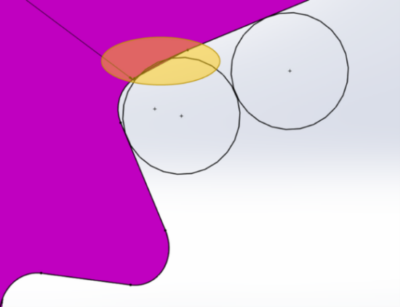
Next, Odawara will evaluate the wire layering within the slot. We will make recommendations on the layering to ensure even distribution of the wire into a stable wire bed. Acquiring a good base for the wire bed is essential so that subsequent layers do not collapse. The lamination, slot, and end cap design may need to be modified to achieve good layering.
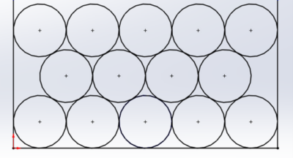
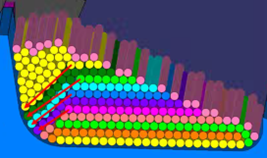
Then, we assist customers in providing insulation system designs, which include slot design, paper creasing/forming design, end cap design, and wire routing. Odawara will check the layout to ensure the part can be adequately insulated with either insulation paper or some form of epoxy/coating. In some cases, the design will also require an end cap or end board. We can help with the design of these items.
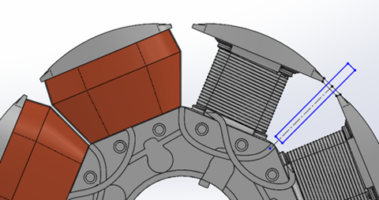
Odawara will make suggestions about how interpole leads and start and finish leads are routed on the part. We will help minimize any interference between phases. We will suggest adding features to the part to help with the routing and locking wires into place. Making sure the wires are properly routed will help with later processes of the motor manufacturing process.
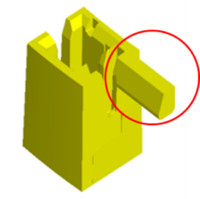
Another area of concentration is enhancing the lead processing methodology, which includes wire stripping, wire forming, cold forming of connections, and fusing. Determining what to do with the leads is often more complex than winding the part. Odawara will offer guidance to ensure that automated systems can execute the handling of leads. Lastly, our expertise with bus bar design aids customers in producing a manufacturable product. We will suggest different forms of termination that lend themselves to the customer’s design. We will work with the customer to fit the bus bar to the part and develop a connection method.
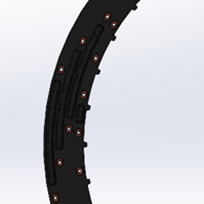
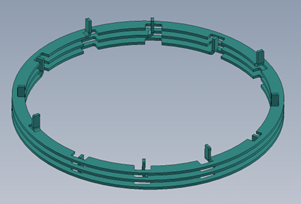
Brendan O’Connor, President/CEO of Odawara Automation, included the service of Design for Manufacturing when he took over the company. Here is a quote from Mr. O’Connor about the addition, “Odawara has over 50 years of experience manufacturing winding equipment. We can quickly look at a design and identify potential problem areas. Spending money at the beginning of the design process can lead to huge savings by the time you reach prototype or production.” Let our expertise help with your motor design by contacting us or learning more about the process.
